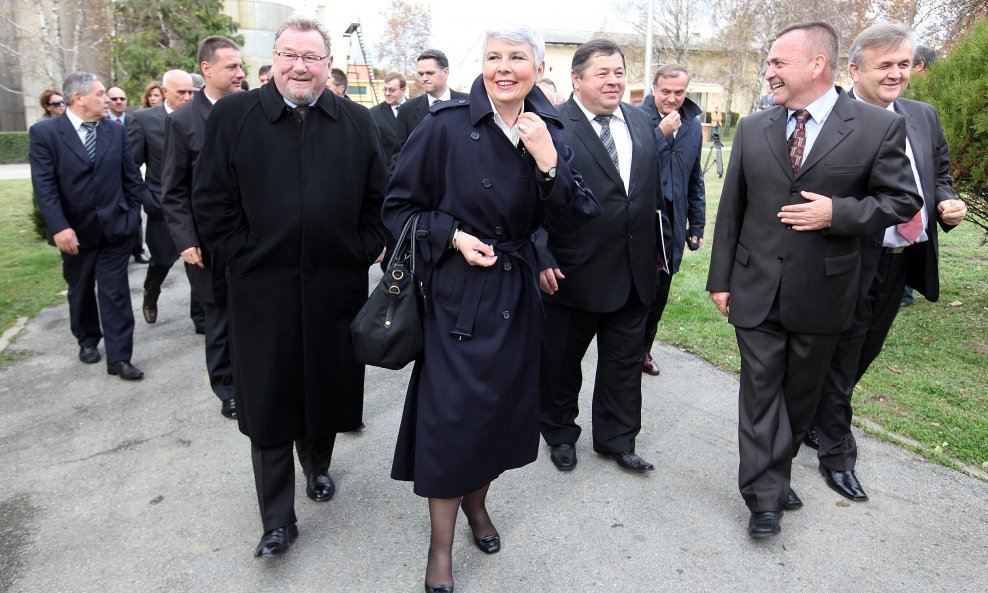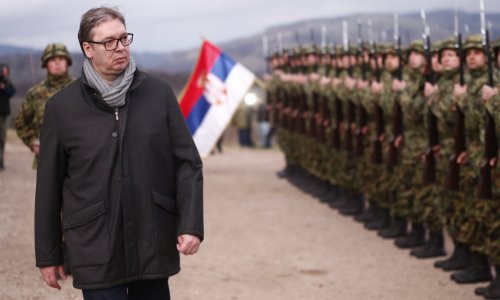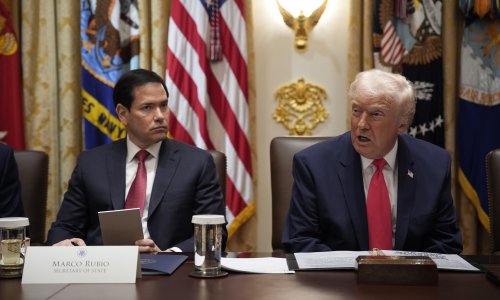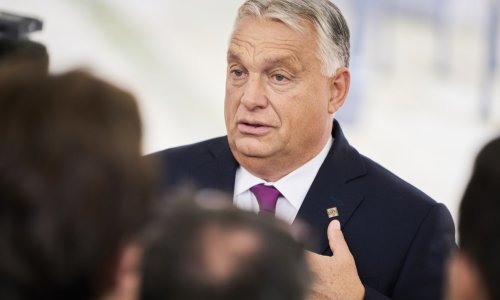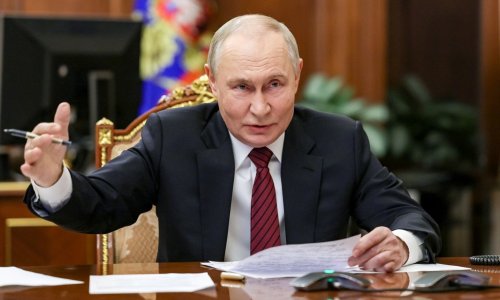The 15th anniversary of the Erdut Agreement was marked in the eastern town of Erdut on Friday, with the most senior Croatian officials and representatives of the international community attending.
Croatian Prime Minister Jadranka Kosor thanked everyone who contributed to the signing of the agreement, describing it as a precursor and the first step on Croatia's road to the European Union and NATO as well as to unity, peace and cooperation.
President Ivo Josipovic said the agreement was a key event in recent Croatian history and that a big role in the completion of the peaceful reintegration of eastern Croatia was played by the US, the UN, and the then Croatian president, Franjo Tudjman.
The Erdut Agreement was signed in Erdut and Zagreb on 12 November 1995 by Tudjman's chief of staff, Hrvoje Sarinic, and the leader of a Serb negotiating delegation, Milan Milanovic.
Vesna Skare-Ozbolt, former chair of the National Committee for the establishment of confidence, said the agreement was "an especially significant contribution by the Croatian policy led by the late President Tudjman to the peaceful completion of Croatia's reintegration process."
"The negotiations weren't easy, but they resulted in the signing of that important agreement, which was very significant for the future of Croatia and all citizens, regardless of ethnicity. At that time, the situation in the area wasn't simple at all. There was, among others, the Novi Sad corps with 140 tanks and about 30,000 soldiers of the former JNA (Yugoslav army). Thanks to the big engagement of the representative of the international community, General Klein, and the wisdom of President Tudjman and us all who were involved in the creation of the Erdut Agreement, the problems were solved step by step," said Skare-Ozbolt.
She added that especially important were the agreement's articles on demilitarisation, the provision of conditions for the return of the displaced as well as for the stay of the Serb population in the area that was restored to Croatia's constitutional and legal system.
The then UNTAES transitional administrator for Croatia's Danube River Region, General Jacques Paul Klein, thanked the Croatian government for inviting him to today's ceremony, saying the Erdut Agreement was one of the UN's biggest successes.
The mission seemed impossible, with all the weaponry and the situation in the area, but together we succeeded, he said, adding that the agreement helped achieve the goal of Tudjman and the Croatian government to restore the Danube River Region under Croatian control.
The then UN peace mediator Thorwald Stoltenberg said he was pleased, too, and that 15 years later Croatia had become a country with a promising future.
He commended Serbian President Boris Tadic's recent visit to Vukovar, eastern Croatia, and his apology for war crimes, saying it was evident that he and Josipovic had good chemistry.
PM Kosor said the Erdut Agreement was a lasting obligation and that its fundamental principles should be honoured as a commitment to democracy and coexistence.
Next year Croatia will mark 20 years of independence, she said, adding the government had invested a lot of money in the development and reconstruction of the parts of Osijek-Baranja and Vukovar-Srijem counties that were especially devastated in the 1991-95 war.
President Josipovic said the wounds in this region were still painful, deep and healing slowly. He stressed that it was important that justice be served and that all those who were guilty be held to account, adding that Croatia was reaching to all neighbours and that those advocating radicalism did not pass muster.
Parliament Speaker Luka Bebic said the difficult consequences of the war were still felt, but that Croatia was building its future by developing good neighbourly relations, its economy and the future of all its citizens.
Croatia is an open country stretching on Europe's most fertile soil and it has big resources and possibilities of development, he added.
Speaking on behalf of the Serb community, Milorad Pupovac, president of the Serb National Council and MP, and Dragan Crnogorac, president of the Joint Council of Municipalities, said everyone was obliged to contribute to democracy and a dignified living for all citizens.
Also in attendance, among others, was former US Ambassador Peter Galbraith.



